|
The coronavirus pandemic has dominated everyone’s lives for the last three months, so much so that other pressing problems facing society have been pushed far into the background. In fact, it’s become too easy to ignore some systemic issues that are just as harmful as COVID-19. The killing of George Perry Floyd by police in Minneapolis has once again raised serious questions about institutional racism, police brutality toward racialized people and tone deaf political responses. Floyd’s death happened just weeks after the shooting of jogger Ahmaud Arbery came to light. Even the peaceful act of bird watching revealed vile behaviour this week. Our
colleagues at The Conversation US have done some excellent work this week on these issues and I would encourage our Canadian audience to take the time to read their articles which I've assembled here. And while these incidents have happened south of our border, Canada also needs to do some serious soul searching. We’ve recently highlighted how racialized Canadians have been more at risk during the
pandemic. Since The Conversation Canada started almost three years, our Culture + Society section has been home to some revealing and thoughtful analyses that aren’t usually covered by mainstream media.
Have a great weekend and we’ll be back in your Inbox on Monday.
|
Weekend Reads
|
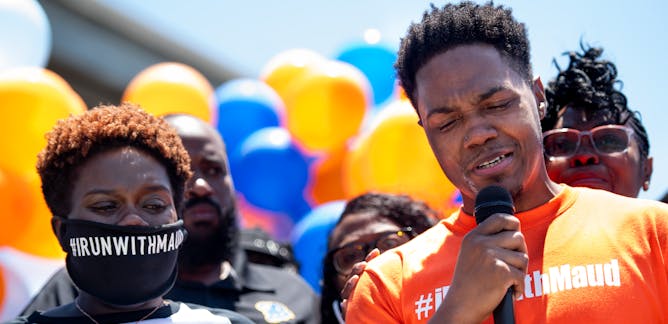
Allissa V. Richardson, University of Southern California, Annenberg School for Communication and Journalism
The US has a centuries-old tradition of killing black people without repercussion – and of publicly viewing the violence. Spreading those images can disrespect the dead and traumatize viewers.
| |
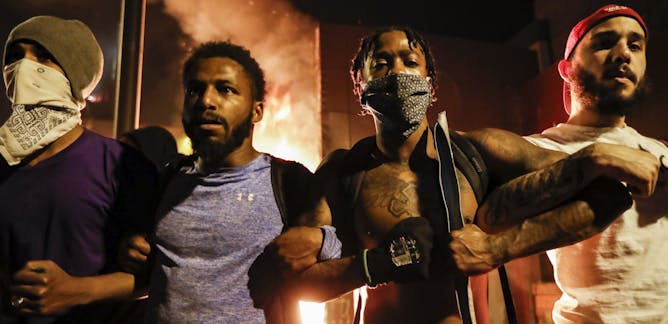
Danielle K. Kilgo, Indiana University
Opinions about demonstrations are formed in large part by what people read or see in the media. This gives journalists a lot of power when it comes to driving the narrative.
|

Seth W. Stoughton, University of South Carolina
Laws enabling citizens to apprehend suspects, which date back to medieval England, were historically used in the US to suppress slave revolts.
| |
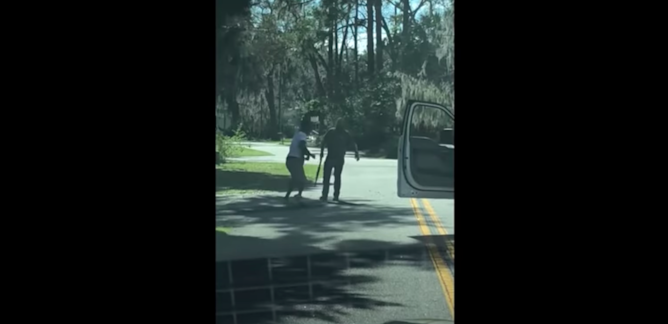
Rashawn Ray, University of Maryland
Research shows black men are less likely to exercise in white neighborhoods. Those who do jog report having police called and neighbors shun them.
|
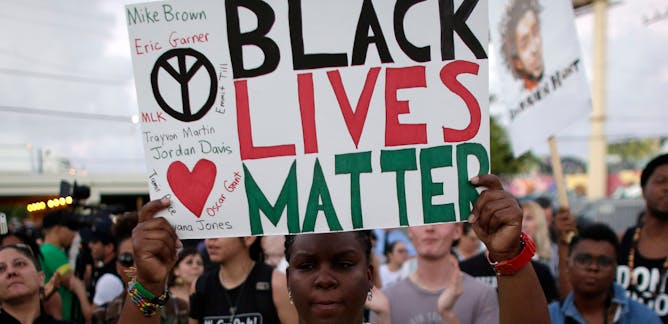
Connie Hassett-Walker, Kean University
Half a century after the federal government voided Jim Crow laws, the criminal justice system still discriminates against African Americans.
| |

Sachil Singh, Queen's University, Ontario
The COVID-19 pandemic presents potentially concerning trajectories for race relations. Many of these concerns might even originate within the medical profession.
|
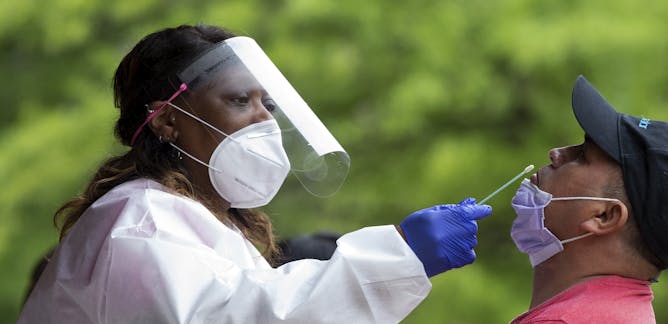
Winston Morgan, University of East London
There's no evidence COVID-19 death rates are related to the genetic differences used to racialise people.
| |
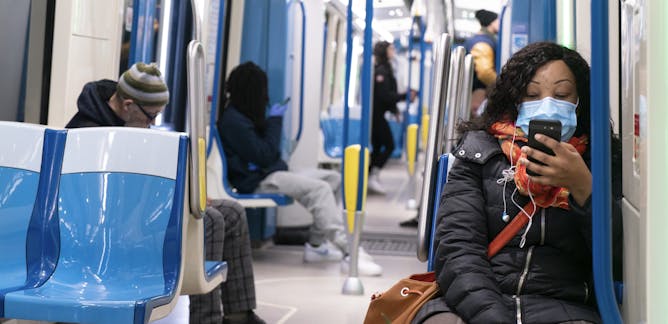
Kate Choi, Western University; Anna Zajacova, Western University; Michael Haan, Western University; Patrick Denice, Western University
Black and immigrant communities in Canada are more vulnerable to COVID-19.
|

Rima Wilkes, University of British Columbia; Howard Ramos, Dalhousie University
It’s easier to accuse someone else of racism than it is to challenge the racist and colonial systems we participate in.
| |
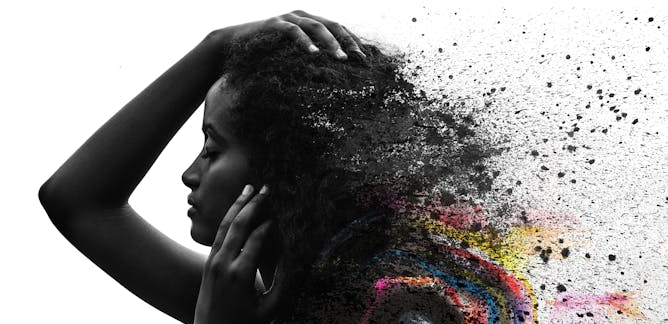
Roberta K. Timothy, York University, Canada
A health and human rights researcher, therapist and professor explains why racial justice is a public health issue.
|
|
|